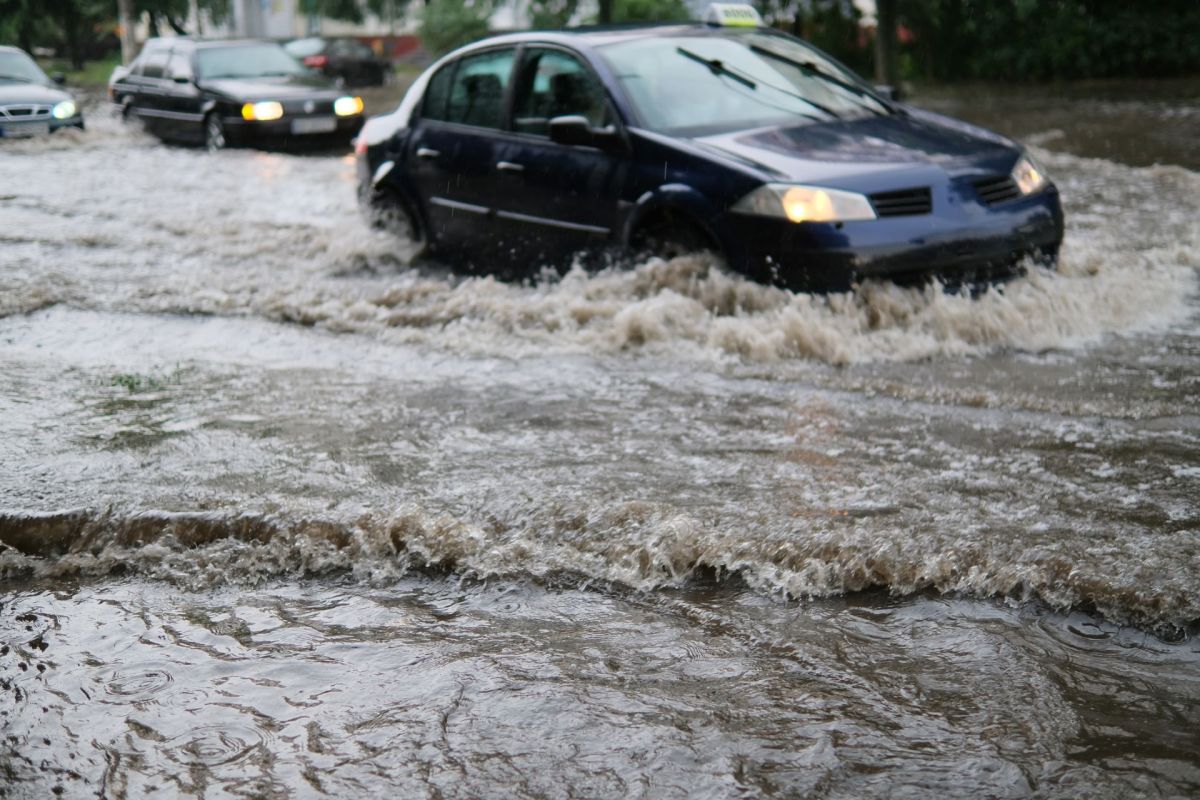Weather experts in South Korea are finding better ways to use data to predict flash floods, providing up to an hour's warning.
The work is happening at the Korea Institute of Civil Engineering and Building Technology (KICT), where radar, storm history, and other regional data are used to compute the severity of pending rainfall, and its impact on the surface — with high accuracy.
Researchers involved with the project explained how it works to Phys.org. It could be a literal 60-minute lifesaver for people living in floodplains, which are expanding worldwide.
"No matter how accurate a forecasting is, its forecast does not have any value as information if it does not come soon enough," KICT's Hwang Seokhwan told Phys.org.
The process goes far beyond the traditional weather radar your local weather person uses during the 6 p.m. news.
Calculations include damage data from past floods in specific regions, along with other pertinent information. The system is claimed to be able to provide "fast and accurate" news about pending floods for cities, islands, and mountainous regions, per Phys.org.
This is important news, as the world's floodplains are growing. NASA reported in 2021 that the number of people "exposed to floods" increased by up to 24%. That's 10 times more than the agency expected, according to NASA experts. The satellite images used in the study were from 2000 to 2015. Migration and sea-level rise were cited as some of the reasons for the increased flood risk.
One example is Italy's Emilia-Romagna region, where heavy flooding killed at least 14 people and left 36,000 without a home in May.
"The people moving into floodplains are probably the most vulnerable, marginalized populations, and they may not have much of an option to move anywhere else," University of Arizona geography researcher Beth Tellman said in the NASA report about growing floodplains.
Flash floods seem to be another symptom of the overheating planet, though scientists can't link every extreme weather event to higher temperatures. Weather experts interviewed by CNN after the floods in Italy said rising mercury is increasing the frequency of more severe weather.
Korea has seen higher volumes of torrential rain, making the advanced warning all the more important.
The system was tested from 2019 to 2022, successfully forecasting flash floods throughout the country. It had 90.3% accuracy "for 31 heavy rainfall events" in 2019, according to Phys.org.
"This forecasting system is expected to significantly reduce the casualties and property damage caused by flash floods as their coming can be predicted at least one hour in advance," Seokhwan said in the report.
The system is expected to start providing early warnings this year, per Phys.org.
Join our free newsletter for weekly updates on the coolest innovations improving our lives and saving our planet.









